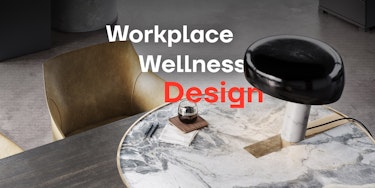In the intricate tapestry of corporate culture, the well-being of employees is an integral thread. How often do we find ourselves immersed in the hustle and bustle of daily tasks, deadlines, and meetings, forgetting to take a moment for ourselves? Gone are the days when workplaces were mere utilitarian structures. Today, strategic design is a cornerstone for employee satisfaction. From ergonomic workstations to collaborative spaces bathed in natural light, every design choice contributes to elevated well-being and job satisfaction.
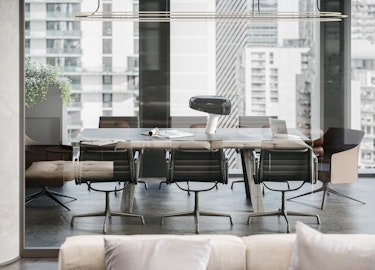
Imagine an office as a haven where nature and productivity dance in unison. As an example, Biophilic design introduces elements like indoor plants, green walls, and natural materials that not only enhance air quality but also alleviate stress so people can delve into the sensory experience, exploring sound and aroma designs that complement the biophilic approach. By creating zones for relaxation and reflection, employers will designate a cozy corner for quick mindfulness breaks or equip their breakout areas with comfortable seating for impromptu brainstorming sessions.
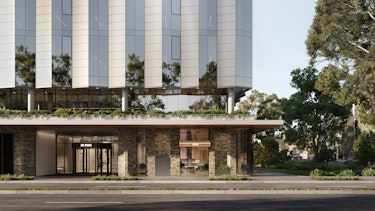
Well-being extends beyond aesthetics; it encompasses the physical comfort of employees. Ergonomic design, with its focus on creating workspaces that adapt to human needs, is instrumental in preventing health issues and enhancing performance. Adjustable desks, supportive chairs, and thoughtfully designed workstations contribute to a workplace where physical well-being is prioritized. It's an investment in the health and longevity of the workforce, recognizing that comfort directly correlates with productivity.
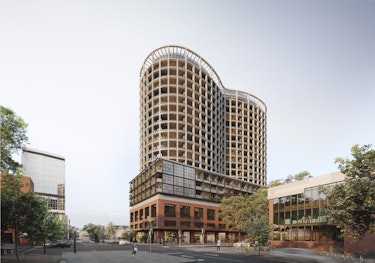
Also one of the most tangible expressions of a commitment to employee well-being is the inclusion of on-site fitness facilities. Such amenities not only encourage physical health but also serve as a testament to a company's investment in its employees' overall well-being. Some of the famous Companies have introduced meditation and quiet rooms within their offices. These spaces are designed to provide employees with moments of respite from the daily hustle, supporting stress reduction and enhancing focus. Meditation rooms are becoming crucial elements in cultivating a workplace that values and nurtures mental health.
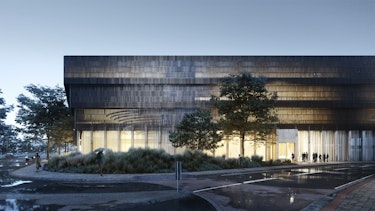
In conclusion, the integration of well-being programs and amenities into commercial spaces is a strategic imperative for companies aiming to attract and retain top talent. It's not merely about offering perks but about creating environments that prioritize the health and happiness of employees, recognizing that a well-supported workforce is the key to long-term success.
